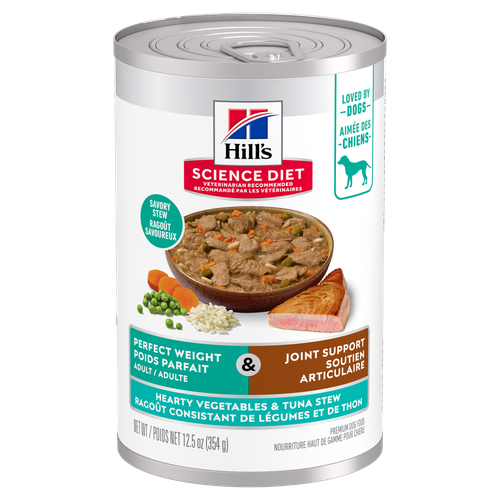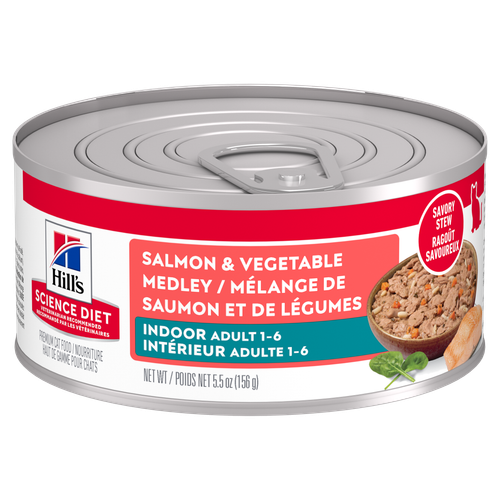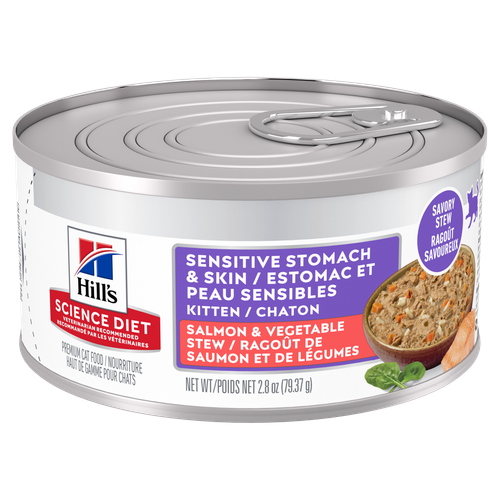

Essential oils are having a moment, turning up in everything from cleaning and personal products to medical treatment and more. But what about your cat — are there essential oils for cats? Are essential oils safe for cats?
Here's what cat parents need to know.
Essential Oils: What Are They?
Essential oils are the extracts of plants known for their aromatic and/or medicinal properties, such as rose and frankincense. These oils are commonly used in aromatherapy, the practice of inhaling diffused oil or applying it topically, such as during a massage. "When inhaled, the scent molecules in essential oils travel from the olfactory nerves directly to the brain and especially impact the amygdala, the emotional center of the brain," explained Harpreet Gujral, a program director of integrative medicine, in Health at Johns Hopkins Medicine. The amygdala reacts to olfactory stimuli. Does a sniff of peppermint invigorate you? That's aromatherapy.
Household Use
With an uptick in online retailers and a renewed interest in natural health care, essential oils are more accessible than ever. People are incorporating them into everyday use: cleaning spray, hand sanitizer, fragrance, laundry and skin moisturizers, just to name a few.
What does this all have to do with cats? When you have kitty roommates, you want to create a safe household for cats, which means keeping harmful substances, such as essential oils, out of reach.
Essential Oils Toxic to Cats
Much like common houseplants that are toxic for cats, essential oils pose a threat, even in small amounts and especially when concentrated. According to the Canadian Veterinary Medicine Association (CVMA), the following are just some of the essential oils toxic to cats:
- Bergamot
- Cinnamon
- Clove
- Eucalyptus
- European pennyroyal
- Geranium
- Lavender
- Lemon, lime and orange
- Lemongrass
- Rose
- Rosemary
- Sandalwood
- Tea tree
- Thyme
- Wintergreen, peppermint, spearmint and mint
- Ylang-ylang
In addition to the essential oils that you buy individually, they often appear in other household products such as paint thinner (turpentine is an essential oil) and insect repellent, which has a high risk of fatal reactions for cats, noted the CVMA.

Hairballs are no fun. For you or your cat.
Hairballs are a fact of life for cats. But you can do something to help make them a little less frequent. Feed them Hill's Science Diet Urinary Hairball Control Adult dry cat food, which supports the health of the whole urinary system and helps avoid hairball formation.
Hairballs are no fun. For you or your cat.
Hairballs are a fact of life for cats. But you can do something to help make them a little less frequent. Feed them Hill's Science Diet Urinary Hairball Control Adult dry cat food, which supports the health of the whole urinary system and helps avoid hairball formation.
Tea Tree Oil: A Special Warning
Tea tree, in particular, is very hazardous. Tea tree is "never safe to use on cats. That's because the toxin found in tea tree oil is metabolized by the liver," reported Tufts Now. If you have dogs in your home, speak with your veterinarian before treating them with tea tree oil, as your kitty may ingest the tea tree oil when grooming the dog.
Are Any Essential Oils Safe for Cats?
In short, there aren't any safe essential oils for cats; they all have the potential to be toxic to your fur baby. As the ASPCA pointed out, "In their concentrated form (100%), essential oils can absolutely be a danger for pets," including when the oil is placed on their skin, fur or paws.
However, there are precautions you can take if you wish to use essential oils in the home. Using diffusers instead of concentrates is one way to help avoid toxicity. CatHealth.com recommended using a diffuser in an open space and keeping kitty away from it and its cords (note that diffused oil droplets can land on your kitty's fur, which they will ingest when grooming). Cats are great at getting onto high surfaces and into small spaces, so you can never be too careful when storing essential oils.
When to Call the Veterinarian
Symptoms of essential oil poisoning include difficulty breathing, coughing, wheezing, drooling, vomiting, tremors, wobbliness and low heart rate, reported the Pet Poison Helpline. Contact your veterinarian or an emergency clinic immediately if you suspect your cat has ingested an essential oil and discontinue the use of any essential oil that causes irritation or discomfort for your kitty.
Before using essential oil products and diffusers in your home, speak with your veterinarian to ensure the health and safety of your furry friend.



















